Understanding the Honor of Kings Path to Pro System
How the Tournament Structure Actually Works
Level Infinite (that’s Tencent’s competitive gaming arm) threw $15 million USD at the Honor of Kings Path to Pro for 2025. Split 3 alone pulled in over 150,000 players — which honestly shows just how hungry the community is for legitimate competitive opportunities.
The three-tier breakdown is pretty straightforward:
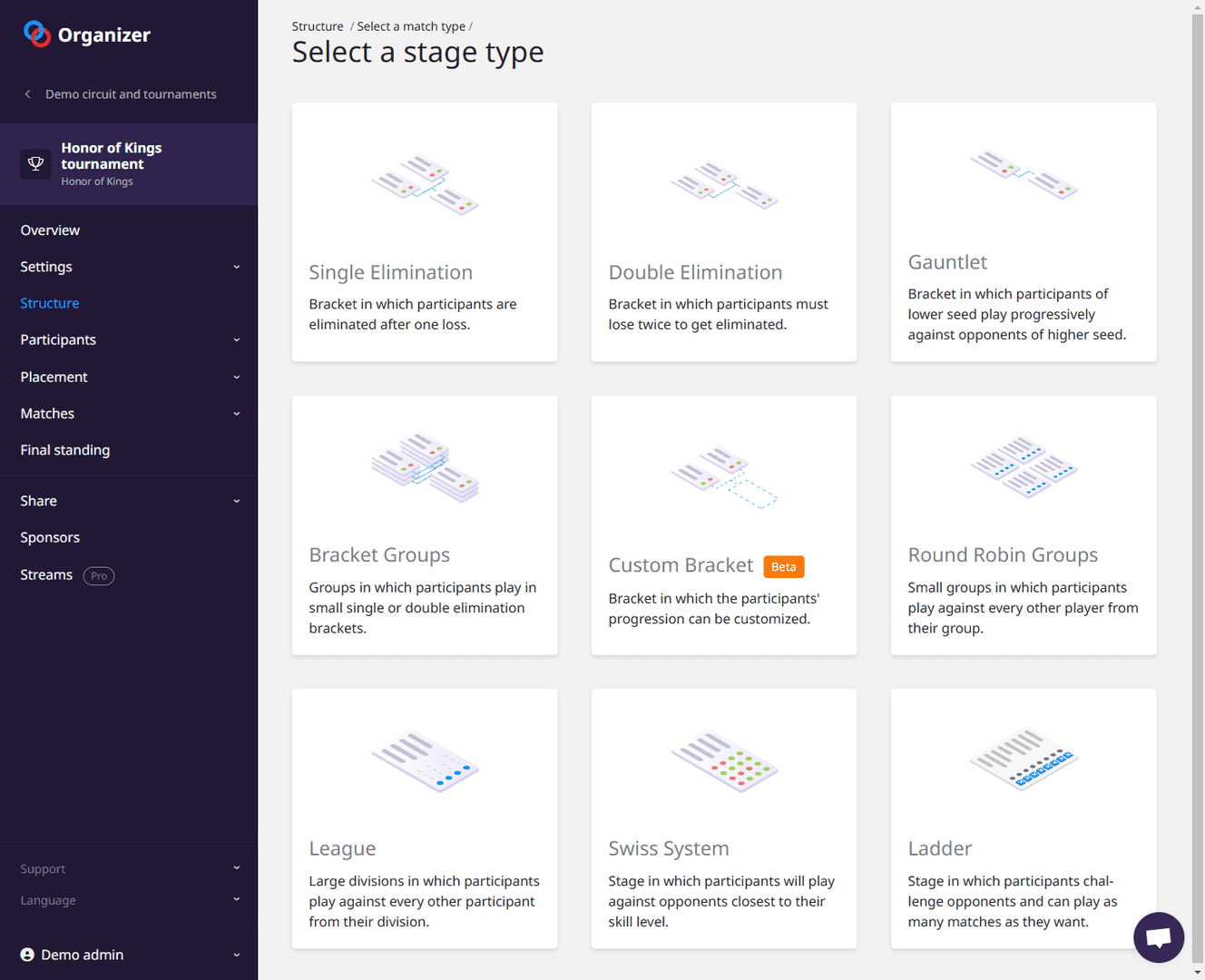
Grassroots level: Open Series and Campus Series (seriously, no rank gates here)
Regional Professional Leagues: Seven major leagues with prize pools ranging $20,000-$60,000
Global stage: The big kahuna $3,000,000 Honor of Kings World Cup plus the $300,000 Invitational Season 3
What’s wild is the Campus Series spans 92 countries with an additional $100,000 prize pool. Open Series Split 4 offers $14,000 in prizes, but more importantly — direct Regional Pro League qualification slots for winners. That’s your golden ticket right there.
Open Series vs Major Championships: What’s the Difference?
Open Series keeps it simple — no rank restrictions, open registration, and it’s basically the main entry point for grassroots teams trying to make their mark. Major Championships? That’s where things get spicy with the Global Ban & Pick system. Once a hero’s been used in a match, you can’t touch them again in subsequent games. It forces teams to have legitimate depth in their hero pools rather than just one-tricking their way to victory.
Tournament tiers break down like this:
S-Tier: $300,000+ (World Cup territory — the elite international events)
A-Tier: $50,000+ (KPL, KMW and other top professional leagues)
B-Tier: $10,000+ (High-impact regional competitions)
C-Tier: $3,000+ (Where most regional bubble scenes focus)
D-Tier: <$3,000 (Community-run events — still valuable for experience)
2025 Competitive Season Timeline
Here’s what you need to mark on your calendar:
January-April:Open 3rd round
February 21 - March 1: Invitational Season 3 ($300,000 on the line)
Summer July: World Cup during Esports World Cup ($3,000,000 — yeah, you read that right)
July 12-24: Open Series Split 4 registration window
November: International Championship
December-January 2026: Challenger Cup
Regional Professional Leagues operate on a two-season annual cycle: Spring kicks off in April, Fall starts August/September. Plan accordingly because overlap happens.
Open Series Registration: What You Actually Need
Player Eligibility (The Fine Print Matters)
Minimum age is 16 years at roster lock date — but if you’re in China, that jumps to 18. Higher local employment or gaming age requirements override the 16-year minimum, so check your local laws.
2025 World Cup gets specific about regional requirements:
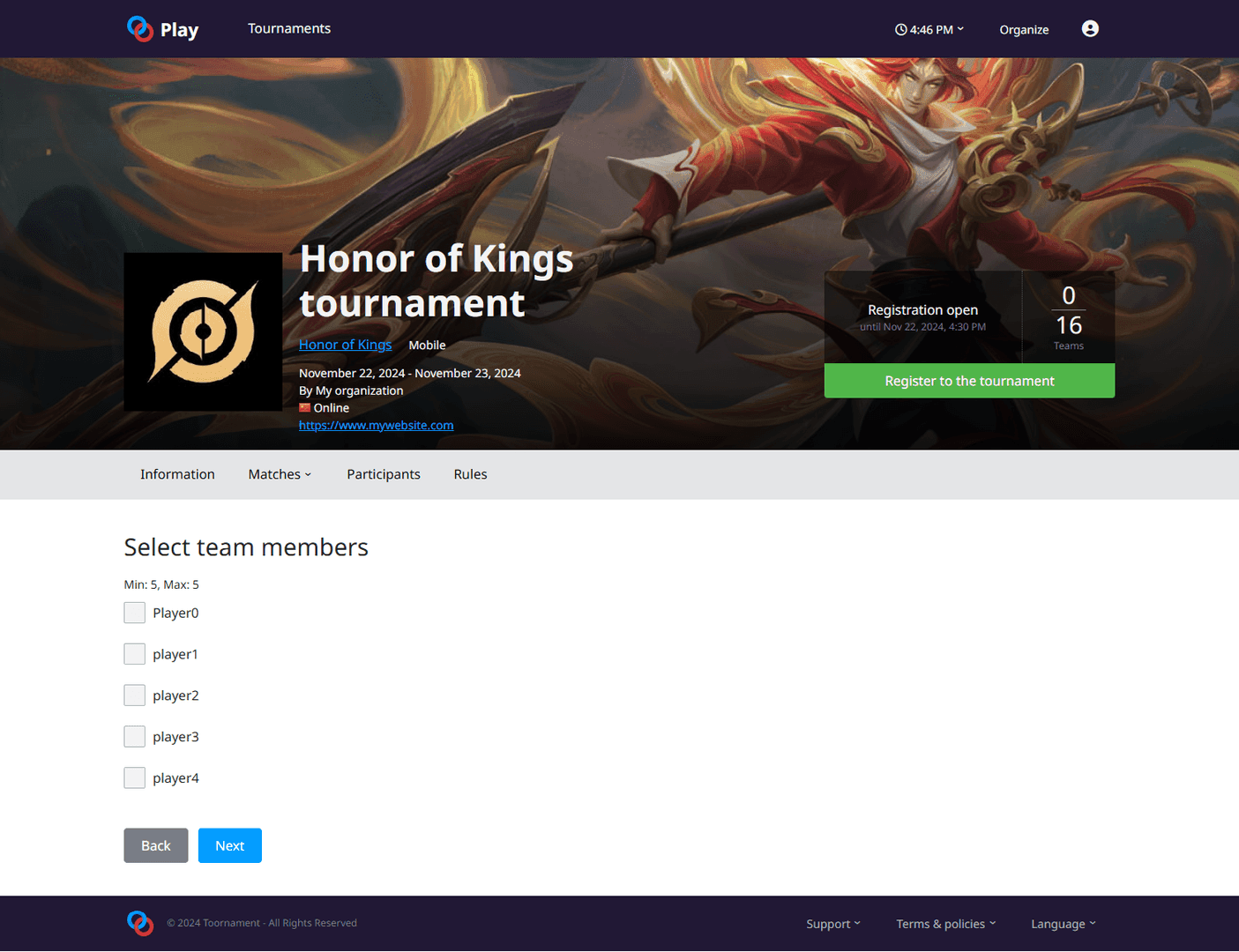
Minimum 4 players from your Home Region
Minimum 2 players from your Home Jurisdiction (specific country/territory)
Maximum 1 Interregional Import Player per team
Player residency isn’t just about where you live — you need national citizenship or lawful permanent residency held for over one year. Each player represents a single region throughout their competitive career. No strategic region-hopping allowed.
Team Formation: The Roster Rules
For 2025 World Cup roster composition:
5-7 players (minimum/maximum)
1 designated Coach (minimum requirement)
1 designated Manager (minimum requirement)
10 total Active Roster members (maximum)
Account Requirements & Verification
Player Gamer Tag rules are stricter than you’d think:
12 character maximum (English characters and Arabic numerals only)
Can’t match Honor of Kings hero names
No sponsor names or third-party trademarks
No offensive or toxic content (obviously)
Team names need unique 2-4 character abbreviations using English characters and numerals. Here’s something that trips up a lot of teams — in-game party restrictions prevent rank differences exceeding two major tiers. Bronze and Silver count as a single tier, but Grandmaster players face additional restrictions where every 25 stars constitutes a major tier difference.
Step-by-Step Registration Process
Setting Up Your Tournament Account
Registration demands comprehensive team information: tournament name, logo, participant numbers, schedule details, rules acknowledgment, and prize pool confirmation. Each member needs a verified Game ID, nationality, position, and regional eligibility documentation. Honor of Kings Top Up services help ensure you’ve got sufficient tokens for ranked play requirements — trust me, you don’t want to be scrambling for tokens during crunch time.
The seven-step tournament process looks like this:
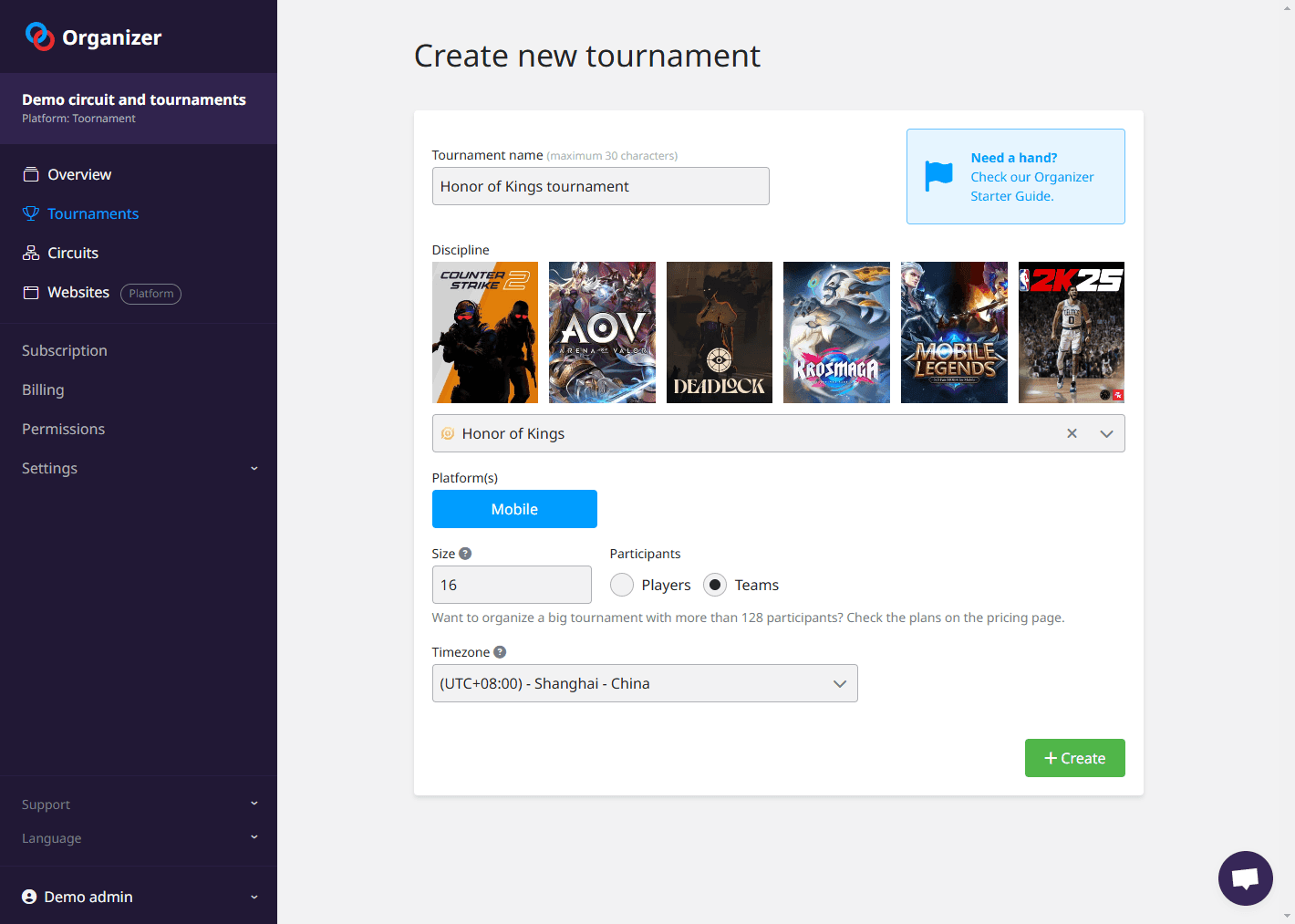
Create tournament with complete information package
Choose your format (Single Elimination or Round Robin)
Setup registration parameters and application forms
Publish tournament and share registration links
Manage and validate incoming applications
Place participants through seeding or random assignment
Launch matches and report results
Team Registration Procedure
Complete roster submission includes player positions, nationalities, and verified Game IDs. Preliminary registration covers all potential members, but final Active Roster submission happens closer to tournament dates.
Documentation you absolutely need:
Age proof (passport, birth certificate, government ID)
Residency verification (citizenship or permanent residency documents)
Signed participation agreements and code of conduct
Emergency contact information
Medical information for any special accommodations needed
Home Region selection comes from official divisions: Americas, MENA, Southeast Asia, Europe, Pacific, Chinese mainland, or China (outside mainland).
Document Submission & Verification Process
Verification includes thorough documentation review by tournament officials. You’ll get confirmation emails upon submission, with verification status updates within 48-72 hours during standard processing periods.
Common verification delays include:
Incomplete or unclear documentation
Residency status requiring additional proof
Age verification discrepancies
Team name or logo approval issues
Roster composition violations
Submit your documentation well before deadlines — gives you time for corrections. The verification team provides specific feedback with clear resubmission instructions when issues arise.
Registration Window
Regional Pro League qualification breakdown:
Indonesia (IKL): Top 2 Open Series teams qualify for Fall season
Malaysia (MKL): Top 4 teams advance to Fall competition
Philippines (PKL): Top 4 teams earn qualification slots
Brazil (CHOKBR): Top 2 teams qualify for Spring season
Major West & East: Champions qualify for respective Fall Leagues
Registration typically opens 2-3 weeks before qualification events. Buy HOK Tokens Online to ensure your account’s tournament-ready before registration periods open.
Late Registration Policies (Spoiler: They’re Strict)
Late registration isn’t permitted once windows close. Emergency exceptions get considered for technical issues or force majeure events, but you’ll need to contact officials directly with detailed explanations.
The sanctions matrix gets expensive fast:
Level 1 (<5 minutes late): Verbal or Written Warning
Level 2 (5-15 minutes late): $500 USD fine
Level 3 (unregistered player): Loss of all four bans in first game
Level 4 (>30 minutes late): Game forfeiture plus 10% prize pool deduction
Level 5 (collusion, match-fixing, cheating): Disqualification, two-year suspension, 100% prize pool forfeiture
Important Dates You Can’t Miss
Key 2025 milestones to calendar:
January 19: Invitational S3 roster lock
February 21 - March 1: Invitational Season 3 tournament
June 16: World Cup 2025 roster lock (23:59 UTC+8)
July 12-24: Open Series Split 4 registration window
Summer: World Cup during Esports World Cup
Teams often manage multiple tournament tracks since Regional Professional League seasons may overlap with Open Series events. Plan your calendar accordingly.
Tournament Format Deep Dive
Open Series Structure Breakdown
Split 4 uses a three-stage format that’s actually pretty elegant. In-Game Qualifier allows unlimited teams with 16 advancing via automated matchmaking. Group Stage puts those 16 teams into 4 groups for Single Round Robin with Bo3 matches. Playoffs feature 8 teams in Double Elimination format — Bo3 except Bo5 Grand Finals.
Group winners automatically advance to Playoffs. Runners-up might advance directly or compete in a Special Challenger Stage against invited teams.
Qualification Rounds: Regional Examples
Here’s how different regions handle it:
Indonesia Kings Laga (IKL): 10 teams, $60,000 prize pool, top 2 Open Series performers get slots
Philippine Kings League (PKL): 8 teams, $45,000 prize pool, top 4 Open Series teams qualify
Major West League: Single Bo5 qualifier between Open Series Western Europe and Eastern Europe & Central Asia winners
Community events like New Kings Scrims provide $150 USD tournaments with Single Elimination brackets — Bo1 matches except Bo3 Grand Finals. Good practice for the real deal.
Advancement to Major Tournaments
Global Ban & Pick system prevents hero reuse within match series — forces real strategic depth. Ultimate Battle Rules kick in for Bo7 series reaching 3-3: Game 6 loser selects side within 60 seconds, coaches get 3 minutes for lineups, Game 7 uses Normal 5v5 with no bans. There’s a 30% prize pool penalty for lineup violations, so don’t mess around.
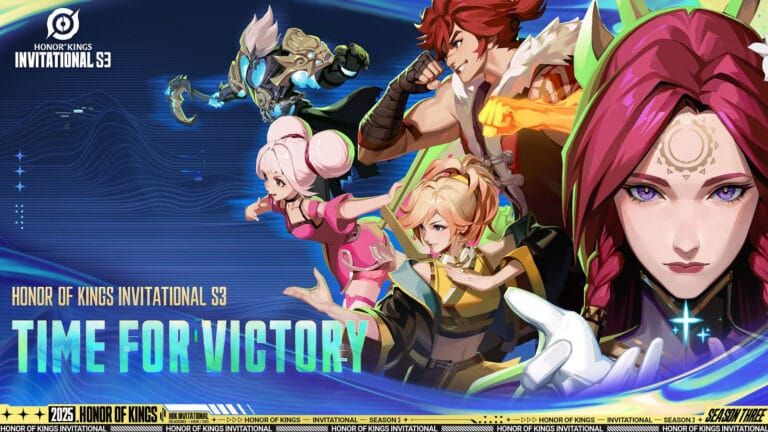
Tiebreaker protocols get complex. Three-way ties use Bo1 round-robin, four-way ties use Bo1 group elimination. Remaining ties get resolved by shortest winning game time, then towers destroyed, total kills, and total gold earned.
Team Preparation & Scrim Planning
Finding Quality Scrim Partners
Community Discord servers coordinate regional scrims effectively. New Kings Scrims facilitates practice across Europe, Turkey, and CIS regions — solid way to test strategies.
What to look for in scrim partners:
Similar competitive level and tournament goals
Compatible schedules and time zones
Willingness to share constructive feedback
Consistent practice commitment
Professional attitude toward improvement
Regional leagues coordinate inter-team scrimmages during off-seasons, providing structured practice against known opponents with similar skill levels.
Practice Schedule Optimization
Professional teams dedicate 4-6 hours daily broken down like this: Individual ranked play (1-2 hours), team scrimmages (2-3 hours), strategic analysis (1 hour). Plus physical preparation — breaks, exercise, nutrition, and adequate sleep matter more than most teams realize.
Honor of Kings Top Up Deals ensure access to all heroes and skins for comprehensive practice across meta shifts. You need flexibility when the patch notes drop.
Performance Analysis Tools
Key performance indicators worth tracking:
Win rates with specific hero compositions
Individual performance metrics across roles
Objective control efficiency rates
Draft phase success percentages
Communication effectiveness under pressure
Post-match analysis works best within 24 hours while memory stays fresh. External coaching perspectives help, along with structured feedback sessions focusing on specific improvements rather than general performance critiques.
Common Registration Mistakes (Learn From Others’ Pain)
Documentation Errors That Kill Applications
The usual suspects include:
Unclear or low-resolution identity documents
Outdated residency verification (must be current within 6 months)
Missing participation agreement signatures
Incorrect Game ID formatting or inactive accounts
Incomplete emergency contact information
Age verification errors happen frequently with non-English documents lacking certified translations. Prepare documentation packages well in advance — don’t rush this part.
Team Composition Issues
2025 World Cup requires minimum 4 Home Region players, minimum 2 Home Jurisdiction players, maximum 1 Interregional Import Player. Here’s what trips teams up — temporary visas, student visas, and work permits don’t qualify as permanent residency. You need official government documentation confirming permanent resident status over 12 months.
Multiple team registration violations get flagged automatically by comprehensive databases tracking all registrations across tournaments.
Deadline Mismanagement (It Happens More Than You’d Think)
Time zone confusion causes registration failures regularly. calculate that conversion carefully. Establish internal deadlines 48-72 hours before official cutoffs, allowing correction time and avoiding server congestion during final hours.
Success Stories & Case Studies
Amateur to Pro Journey Patterns
Successful progression typically follows these patterns:
Consistent Open Series participation across multiple splits
Strong performance in community scrims
Professional-level practice schedules and dedication
Strategic coaching and analytical improvement focus
Team stability with minimal roster changes
Major West League 2025 Spring Qualifier demonstrates high-stakes progression — single Bo5 match between Open Series winners determines the Major West League slot. One series can change everything.
Winning Team Strategies
Championship teams maintain 15-20 hero proficiency per player for Global Ban & Pick adaptability. Ultimate Battle format requires extensive comfort pick practice for no-ban scenarios — you can’t fake depth when it matters.
Effective preparation includes:
Meta analysis across regions and competitive levels
Scrim diversity against different strategic approaches
Individual multi-hero mastery per role
High-pressure communication protocols
Mental preparation for extended series
Community Success Examples
New Kings Scrims $150 tournaments provide low-pressure competitive experience perfect for strategy experimentation. Campus Series across 92 countries with $100,000 prize pool showcases incredible grassroots engagement — student teams frequently transition to Open Series participation with surprising success.
Post-Registration Checklist
Tournament Preparation Steps
Mandatory online briefings cover logistics, rules, and schedules — don’t skip these. On-site tournaments require rehearsal attendance for stage routes, equipment procedures, and emergency protocols. Starting lineups and side selections get submitted 24 hours prior to matches for major tournaments.
Equipment & Setup Requirements
Ensure device compatibility with tournament specifications and official software requirements. Test everything in tournament-like conditions beforehand. Players get designated setup time for peripheral calibration, voice chat testing, and Equipment plus Arcana configuration. Incorrect settings aren’t acceptable reasons for game restarts.
Maintain backup equipment and alternative configurations. Tournament officials provide limited technical support — team self-sufficiency is expected.
Mental Preparation Tips
Practice under simulated tournament conditions including time pressure, audience presence, and elimination scenarios. Establish communication hierarchies and decision-making processes for high-stress situations. Develop recovery protocols for mistakes, lost games, and unexpected situations. Mental resilience often determines outcomes in close series more than mechanical skill differences.
Frequently Asked Questions
What are team composition requirements for competitive tournaments? Teams need 5-7 players, plus designated Coach and Manager, with maximum 10 total members. 2025 World Cup requires minimum 4 Home Region residents, minimum 2 Home Jurisdiction residents, and maximum 1 Interregional Import Player. Residency requires citizenship or permanent residency status over one year.
How does Open Series qualification work for Regional Pro Leagues? Winners earn direct qualification slots: Indonesia top 2 teams for IKL Fall, Malaysia top 4 for MKL Fall, Philippines top 4 for PKL. Major West and East use single Bo5 qualifiers between regional winners. Prize pools range $20,000-$60,000.
What tournament formats are used in competitive Honor of Kings? Open Series uses: In-Game Qualifier (unlimited teams, 16 advance), Group Stage (4 groups, Bo3), Playoffs (Double Elimination, Bo5 Grand Finals). Major tournaments employ Global Ban & Pick preventing hero reuse. Bo7 series reaching 3-3 use Ultimate Battle rules with no bans in Game 7.
What are prize pool structures for different tournament tiers? World Cup offers $3,000,000, Invitational Season 3 has $300,000, Regional Pro Leagues range $20,000-$60,000, Open Series Split 4 provides $14,000. Community events like New Kings Scrims offer $150 prizes — still valuable for experience.
How can teams prepare effectively for competitive tournaments? Combine individual ranked play (1-2 hours daily), team scrimmages (2-3 hours), and strategic analysis (1 hour). Maintain 15-20 hero proficiency per player for Global Ban & Pick flexibility. Use community scrims for low-pressure experience with consistent practice schedules and professional coaching feedback.


















